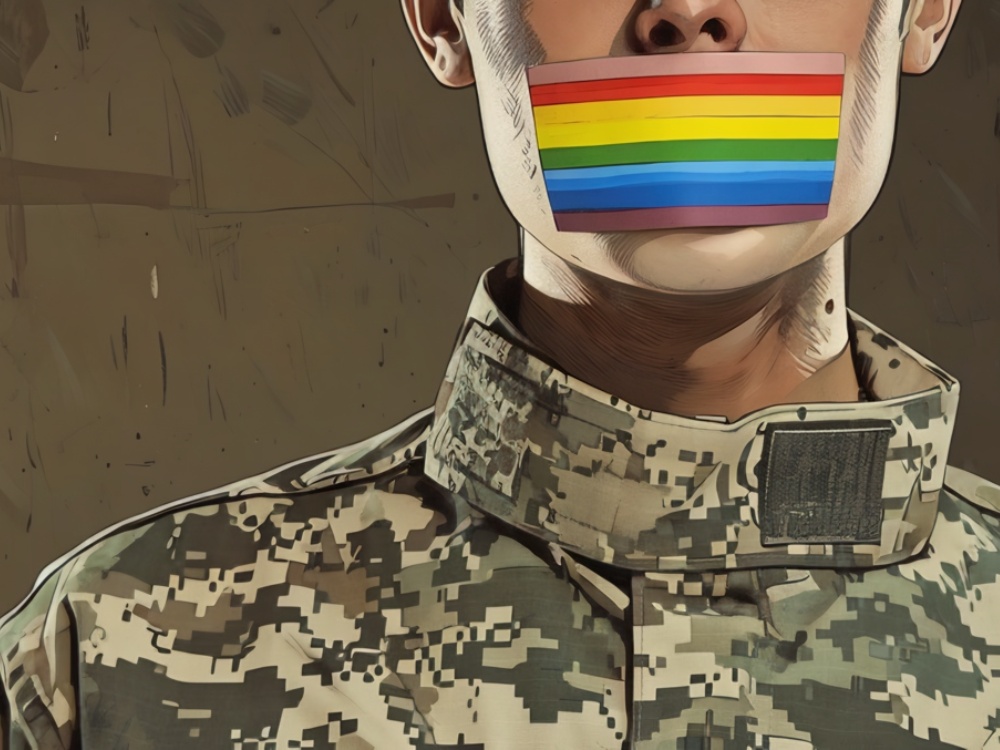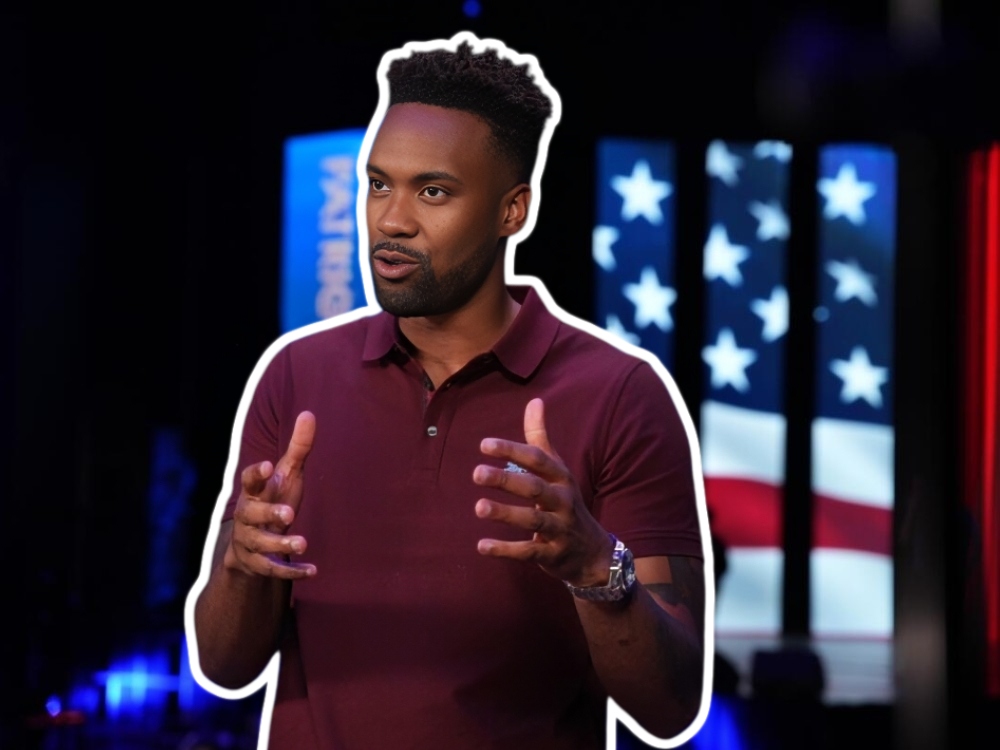Dick Cheney, the former U.S. vice president who served under George W. Bush from 2001 to 2009, has died at the age of 84 due to complications from pneumonia and cardiovascular disease.
Remembered both for his public support of same-sex marriage—notably referencing his lesbian daughter Mary—and for spearheading some of the most controversial policies in U.S. history, Cheney leaves behind a legacy marked by contradiction, power, and polarisation.
“This victory isn’t about one person,” Cheney once said of his daughter’s right to marry.
“People ought to be free to enter into any kind of relationship they want to.”
Yet while he defied the Republican mainstream by backing LGBTQ+ rights, Cheney also championed torture, mass surveillance, and the Iraq War, lying about weapons of mass destruction and links to Al Qaeda in order to justify the 2003 invasion.
A Political Career of Influence — and Controversy
- White House Chief of Staff (1975–1977) under Gerald Ford
- U.S. Representative for Wyoming (1979–1989)
- Secretary of Defense (1989–1993) under George H.W. Bush
- CEO of Halliburton (1995–2001), facing ongoing scrutiny over war profiteering
- Vice President of the U.S. (2001–2009) during one of the most transformative periods in modern American history
After the 9/11 attacks, Cheney played a leading role in shaping U.S. foreign policy—establishing Guantánamo Bay, pushing for “enhanced interrogation” techniques, and expanding executive power in ways that reverberate to this day.
Human rights lawyer Alka Pradhan, who defends detainees at Guantánamo, commented after Cheney’s death:
“When Cheney was twisting international and domestic law… we predicted we’d end up here: with an executive that claims power to name any opposition ‘terrorism.’”
The Iraq War and the WMD Lie
Cheney repeatedly asserted that Iraq had weapons of mass destruction and close ties to Al Qaeda. Both claims were later proven false by the 9/11 Commission and international intelligence agencies.
Despite lacking a clear exit strategy, Cheney said of the 2003 invasion:
“It would be an enormous success story… We will be greeted as liberators.”
Instead, the war lasted eight years, caused over 100,000 civilian deaths, and cost trillions in U.S. taxpayer funds.
A Champion of Torture and Surveillance
Cheney consistently defended U.S. use of torture, claiming it “kept us safe,” despite intelligence experts finding no actionable information resulted from such methods. Critics argue Cheney’s approach eroded international norms and set a precedent for unchecked presidential power.
A Rare Pro-LGBTQ+ Voice in Republican Ranks
Amidst Bush’s 2004 re-election campaign, which promoted a constitutional ban on same-sex marriage, Cheney publicly broke ranks, citing his daughter:
“Lynne and I have a gay daughter… freedom means freedom for everyone.”
Still, he framed the issue as one for states to decide—a stance that would have continued to bar his own daughter’s marriage in most U.S. states prior to the 2015 Obergefell decision.
The Hunting Accident
In 2006, Cheney made headlines for accidentally shooting his friend and hunting partner Harry Whittington in the face with a shotgun, causing injuries that included a collapsed lung. Cheney admitted to having had a beer earlier in the day; Whittington survived.
A Complex, Lasting Legacy
Cheney’s legacy is a paradox of personal progressivism and public authoritarianism. He supported LGBTQ+ rights while laying the groundwork for Guantánamo Bay, drone warfare, indefinite detention, and presidential overreach that remains today.
Whether remembered as a patriot or architect of unjust war, Cheney’s impact on American governance—and global politics—will be studied, scrutinised, and debated for decades to come.



































